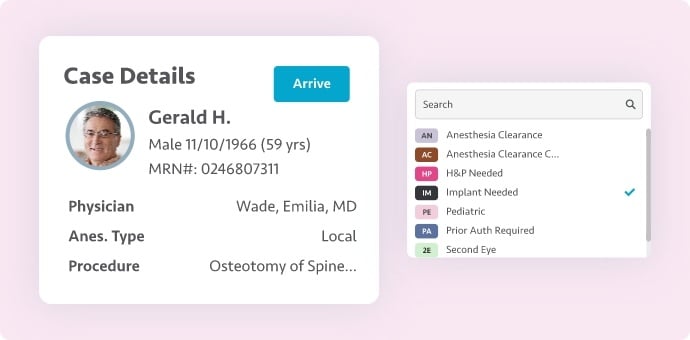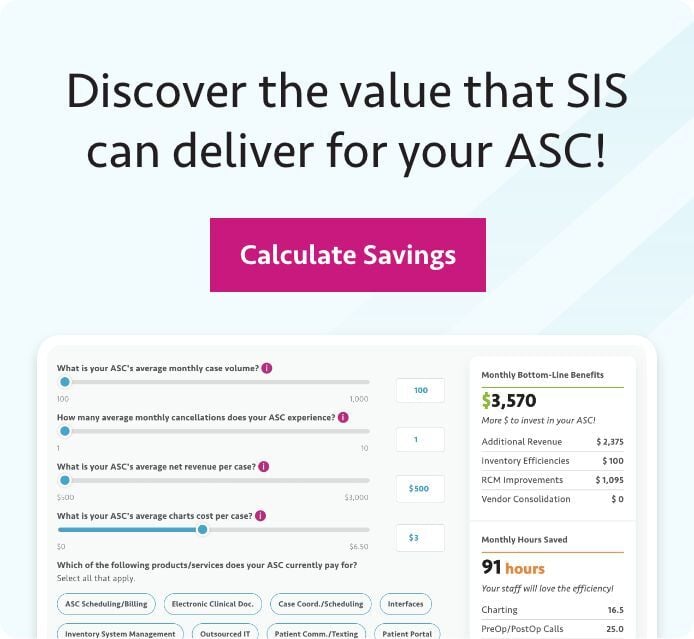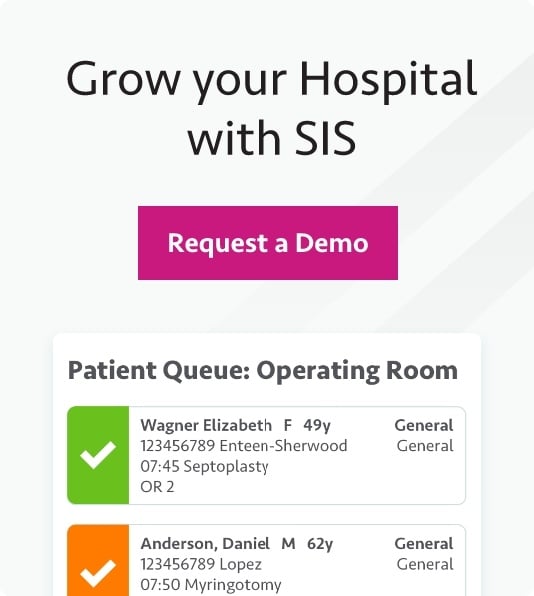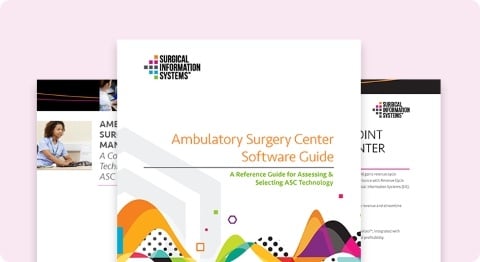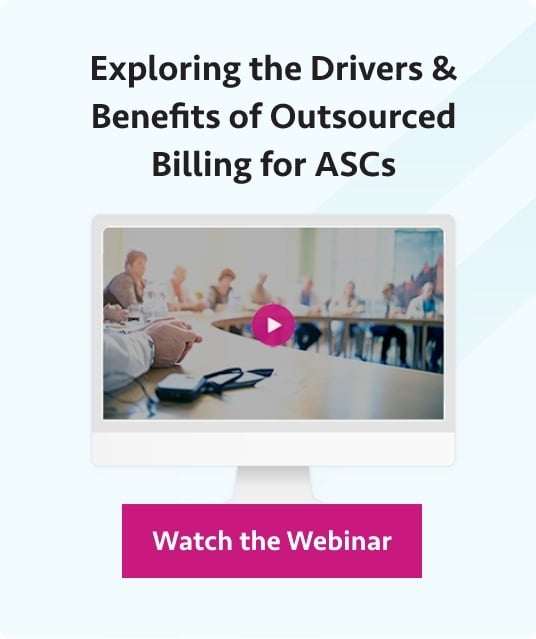Q&A with Yunette Ruiz, Client Service Manager, and Gabriella DeSantis, Revenue Cycle Manager, for Surgical Information Systems
Yunette Ruiz, Client Service Manager, and Gabriella DeSantis, Revenue Cycle Manager, for Surgical Information Systems (SIS), recently hosted a webinar on "Where's My Money?!? ASCs' Path to Payment." During the program, they explored a range of ASC collections topics, including the steps required to collect payments, common collections obstacles, best practices to improve payer and patient payments, and tips to help ensure no money owed is left on the table.
The audience was engaged and asked great questions during the Q&A portion of the program. For those questions Ruiz and DeSantis did not have time to answer, they provided responses in writing. Below are the highlights of those questions and responses, edited for readability. The webinar can be viewed on-demand.
Q: How can our ASC prevent coding errors?
A: The best way to get ahead of ASC coding errors is to be proactive. You may be proactive by having an auditing process as well as regularly reviewing your contracts. Your contracts will provide a lot of insight into payer preferences when it comes to coding of procedures. This may include preferences for the type of HCPCS code or which modifiers to use.
Regarding auditing, it provides educational opportunities for both the providers and the coders, depending on what is identified. Some examples may include types of documentation required by providers, laterality of procedures, missed modifiers, and bundling of codes.
Q: How can I determine key performance indicators (KPIs) for my ambulatory surgery center?
A: Look at your current data and set obtainable goals for your team to meet. Set those KPIs to be directly related to your business goal. Consider the ASC industry benchmarks/best standards as well as your ASC's stage of growth.
It's advisable to focus on only a few key metrics, such as your days to bill, collections, and accounts receivable (A/R) greater than 90 days (i.e., A/R>90) rather than a slew of data. Review your KPIs on a monthly, quarterly, and yearly basis and make sure to set new goals as data and performance changes.
Q: How can I reduce my ASC's denials?
A: Look at what your data tells you concerning your current denials and the common factors and trends contributing to denials. From there, encourage new practices and educate your team on how to avoid these denials on the front end.
Are they contractual or related to a payer policy? Ensure your team can access payer policies and contracts to accurately bill claims.
Are there common missing authorization and coordination of benefit denials? Work with your insurance verification team or implement a team/person to verify insurance and communicate authorization requirements to your physicians' offices.
Are denials related to medical necessities or local coverage determinations (LCDs)? Involve physicians when needed, and educate physicians on the importance of clear dictation and appropriate diagnosis for specific procedures to avoid claim denials.
Q: What steps can we take to ensure our implants are reimbursed timely?
A: To better ensure your implants are paid in a timely manner, you will want to make sure you submit a clean claim, enter the correct amount of units, be familiar with your contracts, apply the appropriate markups, and be prepared to submit medical records. It is especially important to have documentation in your operative note of the implant(s) used and include the corresponding invoice. Additionally, when negotiating your contract, it would be wise to discuss adding carveouts for implants, especially those with a high price tag.
If you’d like to learn more about Revenue Cycle Management with your ASC software, please contact us.




